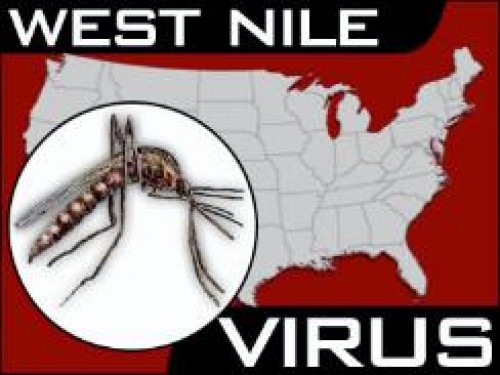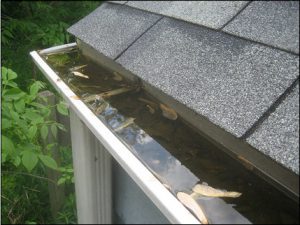
Lately there has been a lot of media coverage in reference to mosquitoes, and the West Nile virus. In the past, West Nile has typically been associated with countries in other parts of the world, but lately it has become a major concern in the United States. Several counties in Texas have recently declared a state of emergency due to the severity of the outbreak.
The current West Nile epidemic is being called the worst in the history of the United States. So far this year, there have been 10 reported deaths, as well as at least 230 individuals sickened from the virus. A 14 year-old boy recently spent 8 days in the intensive care unit after contracting the virus.
As I mentioned in some of my previous blog articles, this year has been a record year for all sorts of pests. Mosquitoes are no exception. The hot, dry weather, combined with a mild winter, have helped create ideal conditions for pest survival and reproduction. The heat also speeds up their life cycle, which also accelerates the replication of the West Nile virus.
What is West Nile?
The West Nile virus is a mosquito-borne virus that is transferred from infected mosquitoes to humans. Mosquitoes can also transfer the virus to birds and other animals. Up until recently, West Nile was mainly found in Africa, parts of Asia, and eastern Europe. It was discovered in the United States in 1999. Symptoms can range from being very minor in nature, such as a fever, chills, and other flu-like symptoms, or can become much more severe, such as developing into a rapidly fatal brain infection. West Nile can cause encephalitis and meningitis.
How to reduce the amount of mosquitoes around your home
Since West Nile is spread by mosquitoes, reducing the amount of mosquitoes around your home will ultimately reduce your chances of contracting the virus. We recommend performing a regular mosquito reduction treatment on your yard. In addition to mosquitoes, the treatments are also quite effective on fleas and ticks. These treatments can either be performed as one time treatments, during the hot months, or year round.
Simple steps to reduce the amount of mosquitoes in and around your home:
- Discard any water-holding containers such as buckets, tires, cans, etc.
- Keep gutters clean of leaves and debris.
- Repair outside faucets and leaky pipes.
- Drain and keep dry unused swimming pools.
- Removing weeds from drains, ditches and culverts.
- Changing water in plant pots, drip trays and birdbaths at least once a week
- Store wading pools inside when not in use or drain at least once a week.
- Add fish to ornamental ponds help control mosquitoes.
- Keep trash containers properly covered.
- Drain or fill in any puddles, ruts, etc.
- Fill in tree holes holding water.
- Remove accumulated water from boats at least once a week or store them upside down.
- Trim grass and shrubbery around the house, destroying adult mosquito hiding places.
- Keep window screens in good condition.
- Use personal protection such as proper clothing (long pants and long sleeves) and insect repellents during peak mosquito biting activity in the evening. Make sure that the insect repellent that you use contains DEET.
Contact us today for more information on our mosquito reduction services!
